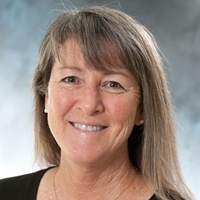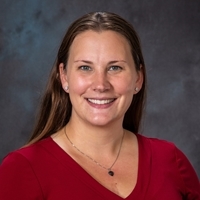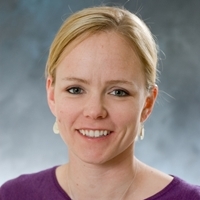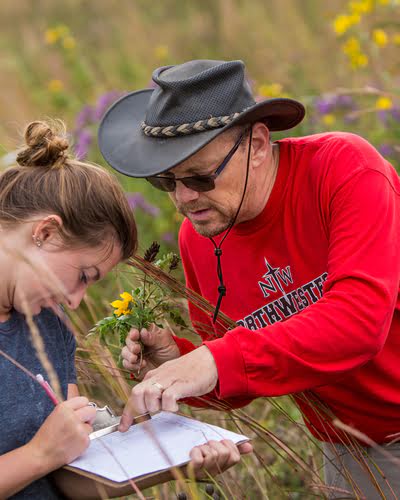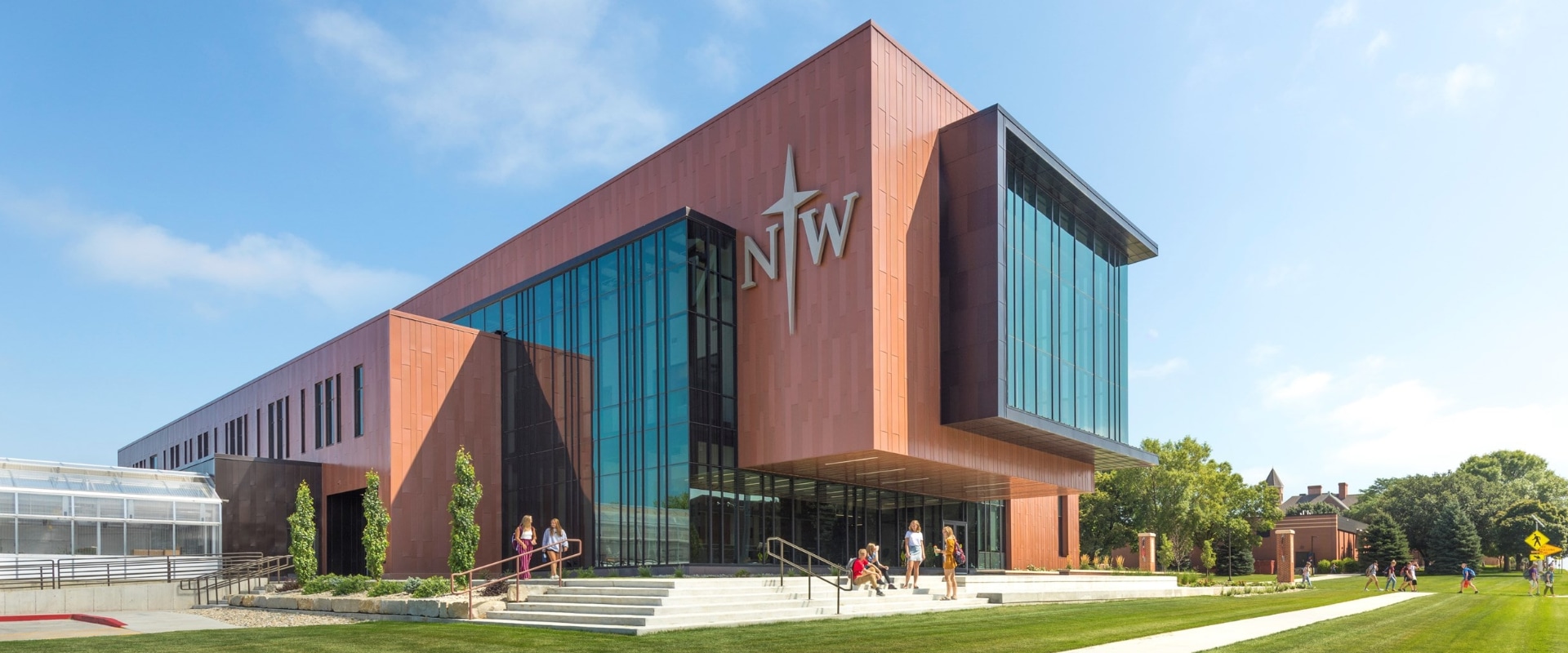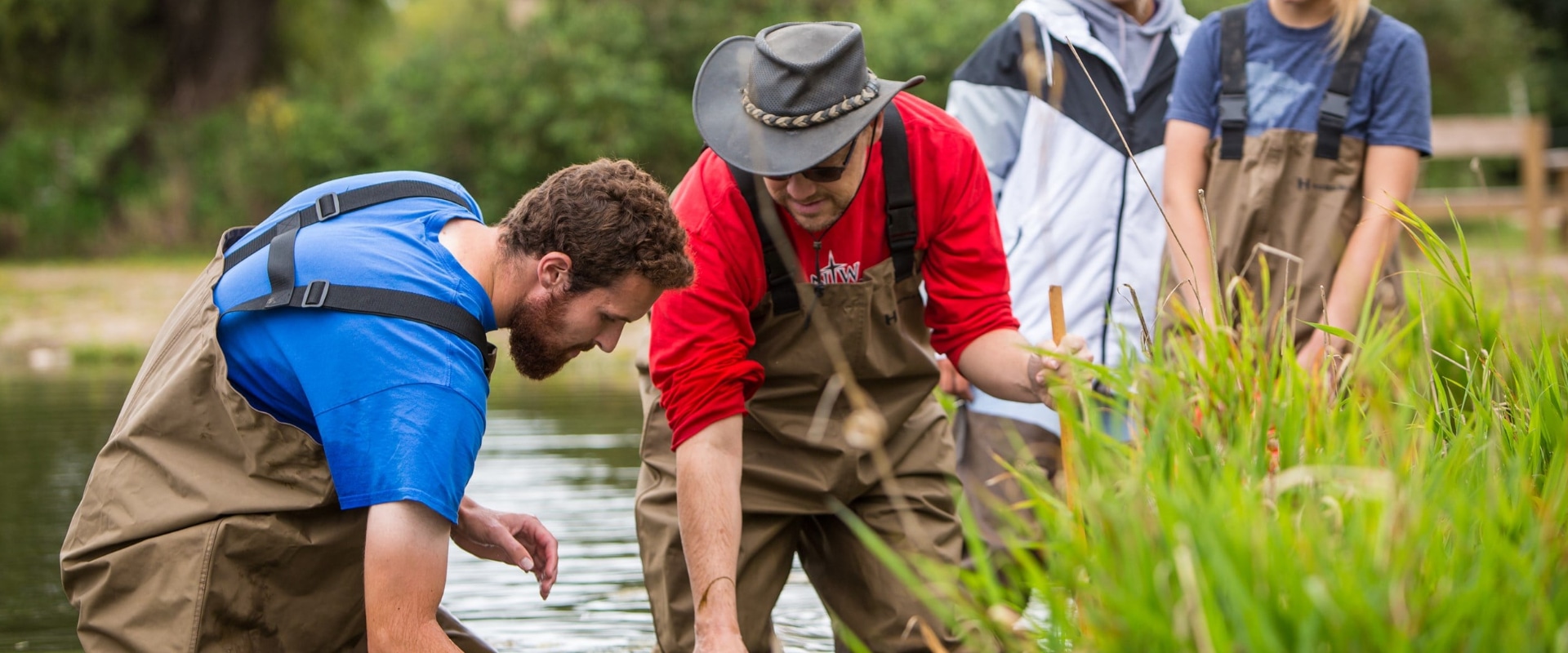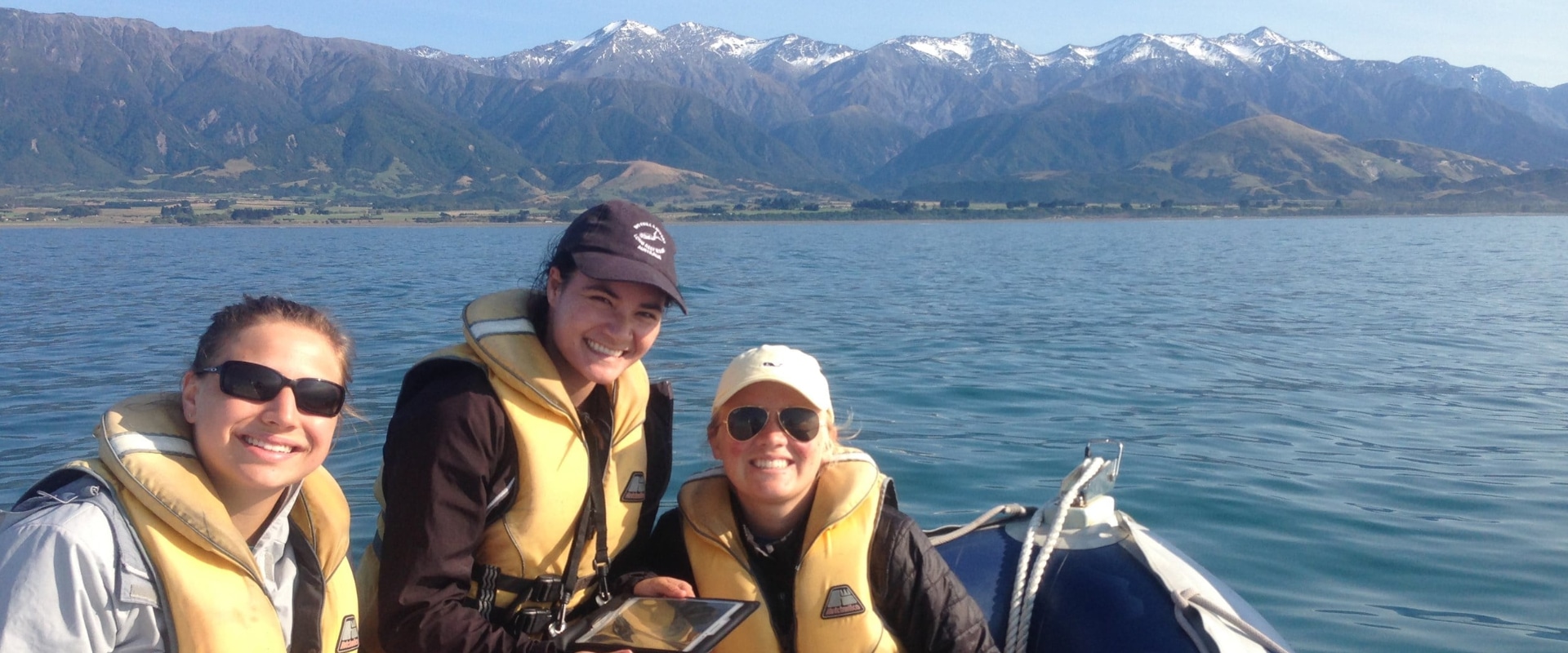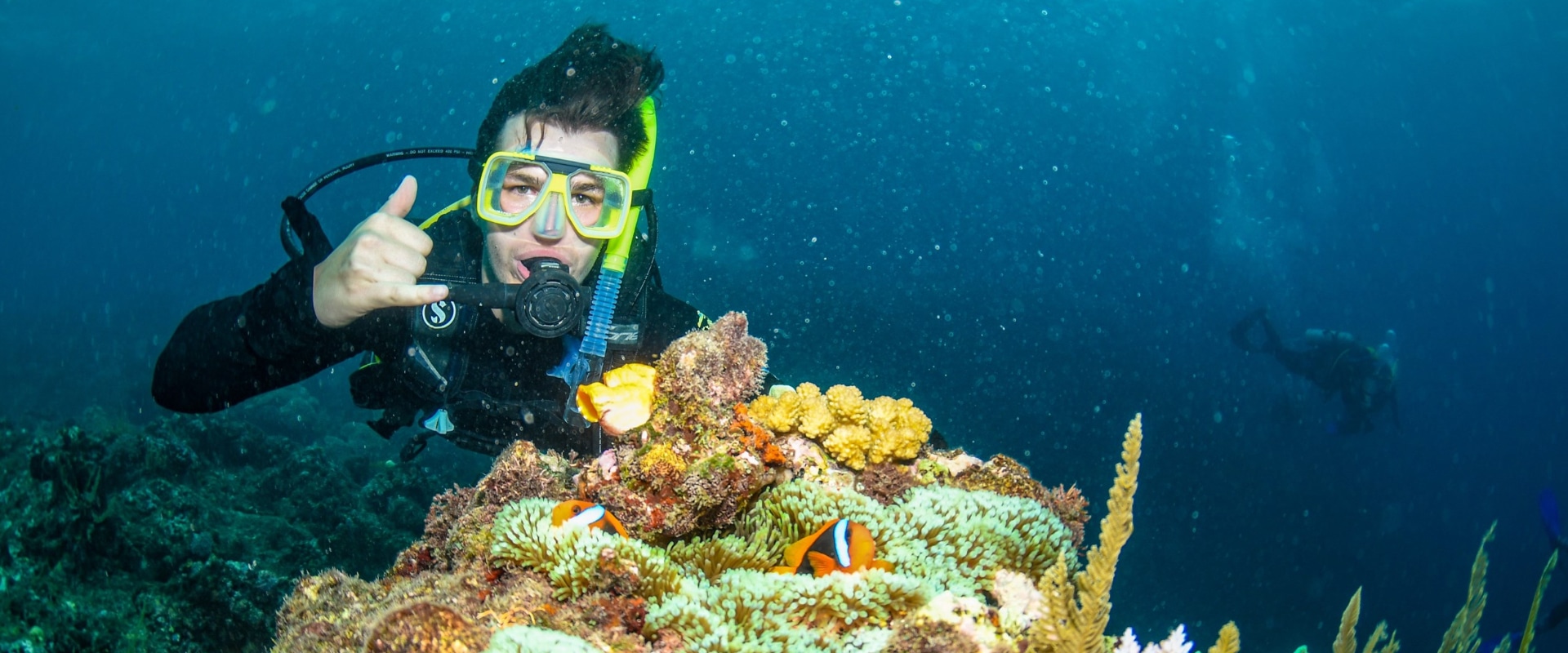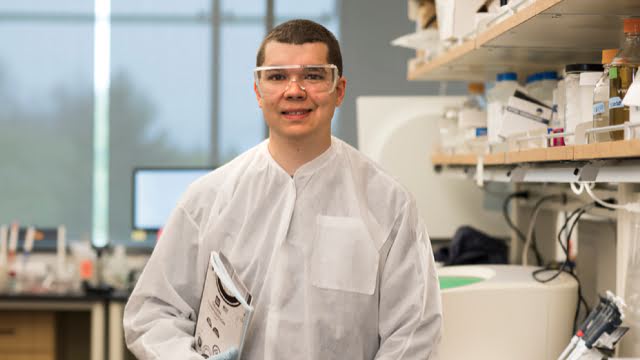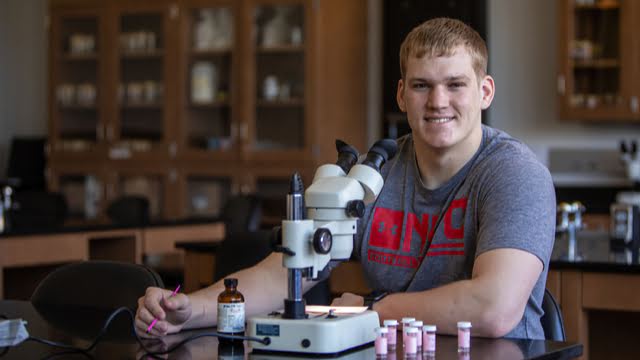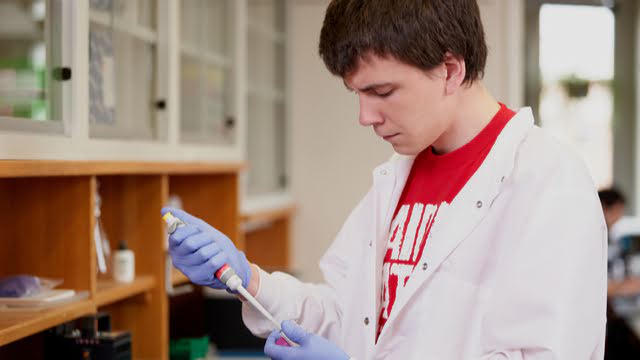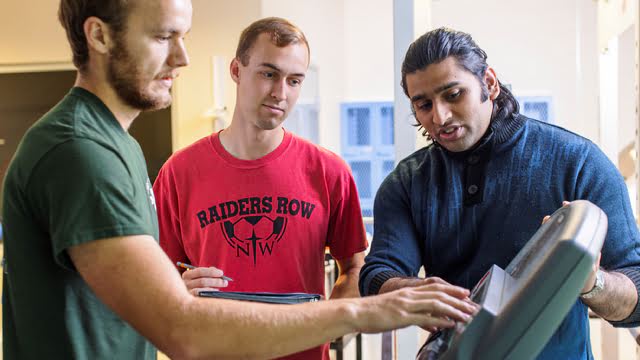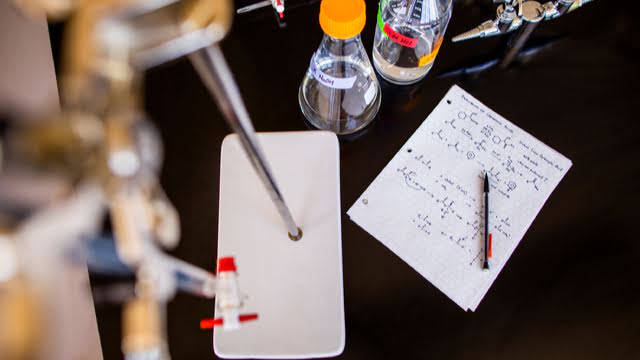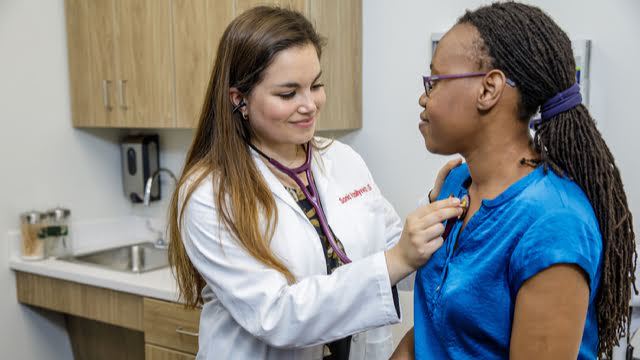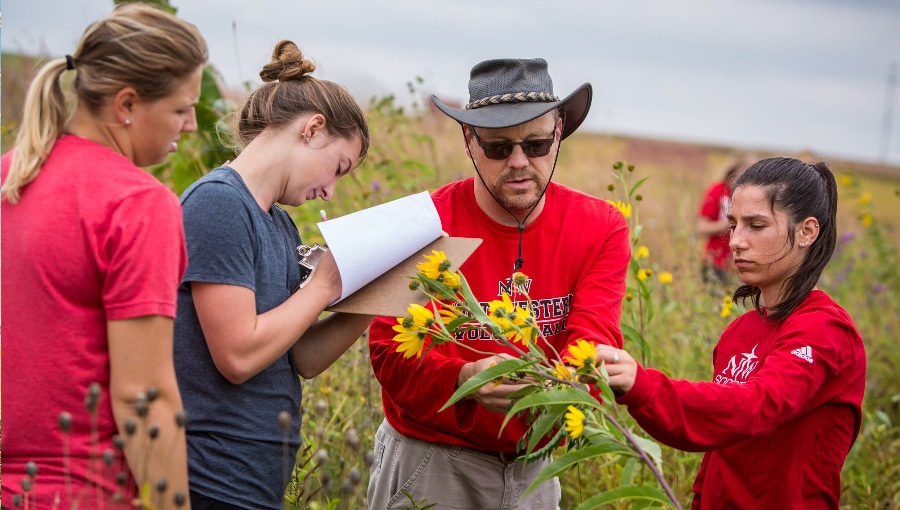
Ecological Science
Ecological Science
Ecological Science
You’ve always loved nature, the outdoors, and creatures great and small. Northwestern’s biology–ecological science major will help you to put that love into action. Job opportunities are as diverse as creation itself. You could become a naturalist, park ranger or entomologist; work with wildlife management, land restoration or habitat conservation; or get a job with the U.S. Department of Agriculture, a seed company, or a botanical garden, zoo or aquarium.
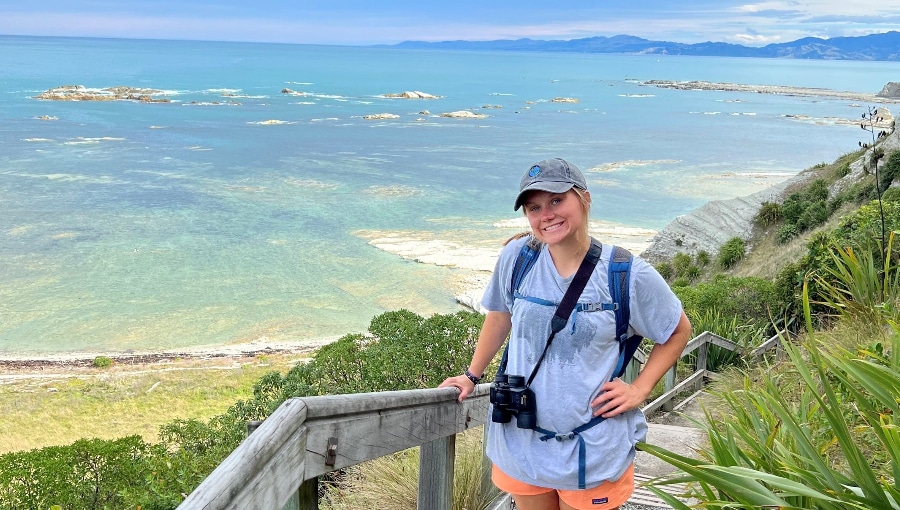
Why NWC?
Why NWC?
Why NWC?
Northwestern’s biology–ecological science major will put you in the field from the start, whether you take an experiential ecology course, land a summer internship doing field research, or study off campus.
Courses cover topics including aquatic and field botany, plant taxonomy, invertebrate zoology, and insect ecology of streams, forests and fields. You’ll also delve into Scripture to discover a Christian’s motivation for creation care. Related minors include biology, chemistry, and data science and statistics.

Professor of Biology
Outcomes
Join our standout alumni at:
#RaidersStandOut
Experience

Northwestern’s biology department includes an environmental scientist who holds a doctorate in ecology and marine biology, as well as a zoologist who studies birds, ants and prairie restoration.
Experience

Northwestern’s biology department includes an environmental scientist who holds a doctorate in ecology and marine biology, as well as a zoologist who studies birds, ants and prairie restoration.
Faculty
Brilliant scholars. Committed Christians. Invested in you. That’s Northwestern’s faculty.

